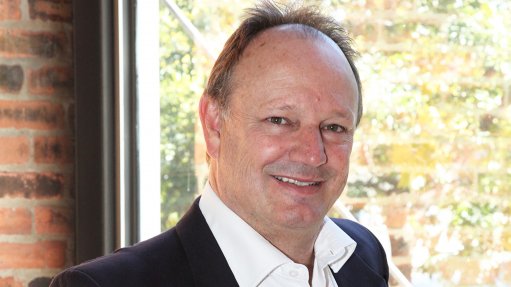
Outa chairperson Wayne Duvenage
Opposition to Urban Tolling Alliance (Outa) chairperson Wayne Duvenage has said the organisation would oppose the proposed tax increases that Finance Minister Nhlanhla Nene had indicated are on the cards for 2016.
“Not on our watch. Until government tackles the squandering, maladministration and mismanagement of taxes South African citizens are currently paying, which economists say add up to R100-billion a year, government is not in a position to increase taxes,” he stated.
Duvenage was speaking at a seminar, hosted by training company Imsimbi, on addressing the cost of corruption in South Africa.
He pointed out that only one out of five people paid e-tolls and stated that unjust laws had to be defied by South African civilians.
“South African civilians are being civilly disobedient by not paying e-tolls for the right reasons. It sends government back to the drawing board and ensures that things are being researched and implemented properly.”
Duvenage pointed out that, when Outa initially started engaging with the South African National Roads Agency Limited (Sanral) about e-tolls, it found a fundamentally flawed introduction of a tax that would never work.
“We are not against e-tolling; we know it works in other countries. We are also not against paying for infrastructure, but the way government went about the implementation of the e-toll system was wrong and has alienated society,” he said.
He noted that the cost of collecting e-tolls was over R1-billion a year, adding that this cost did not make sense when Sanral was trying to raise is R2-billion a year in revenue. He added that Sanral wanted road users to pay 30% of administration fees a year, when the global average was less than 10%.
“We found out that the road construction costs were not the original R10.8-billion, but rather R18-billion. We will stand our ground to the extent that if we have to go to court, we will, and if we have to go to jail, we will. We want our public servants to be empathetic to people’s needs,” he said.
He noted that Outa was transforming itself into an organisation that would tackle bigger challenges soon, including the proposed carbon tax, scheduled for introduction in 2016. He said this would be challenged not because Outa did not want a greener environment, but because the organisation felt this specific tax did not make sense.